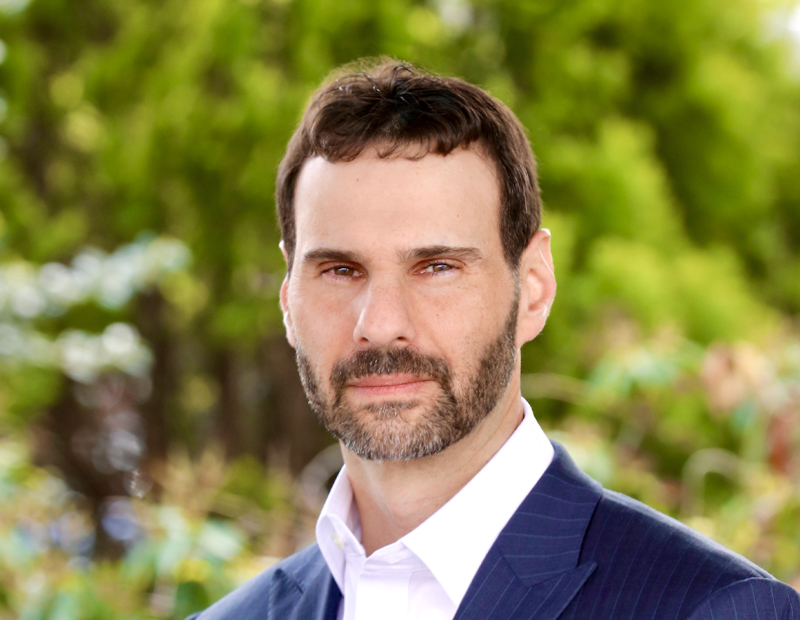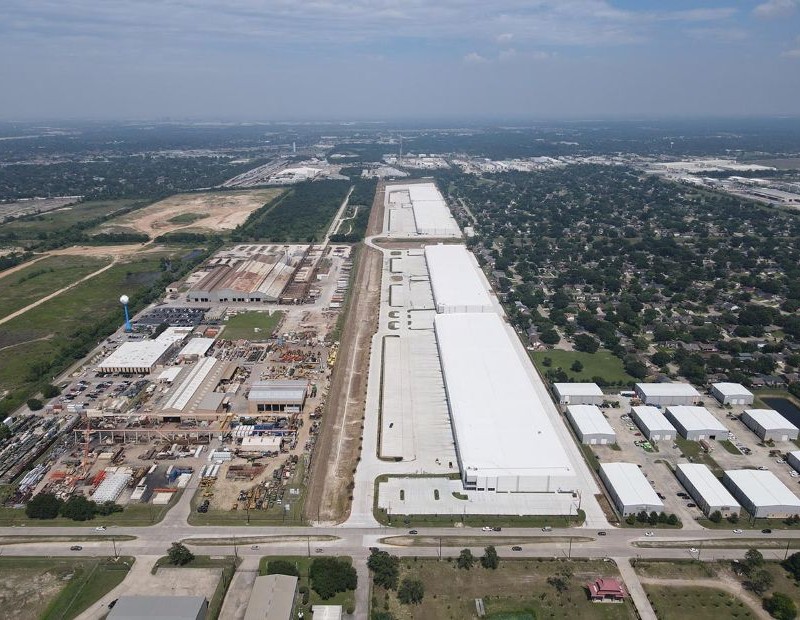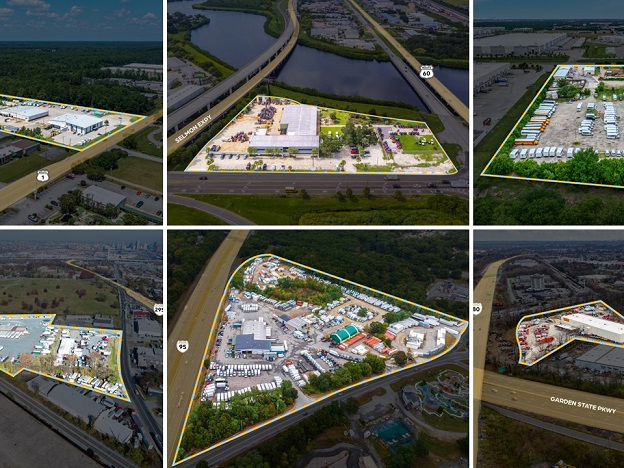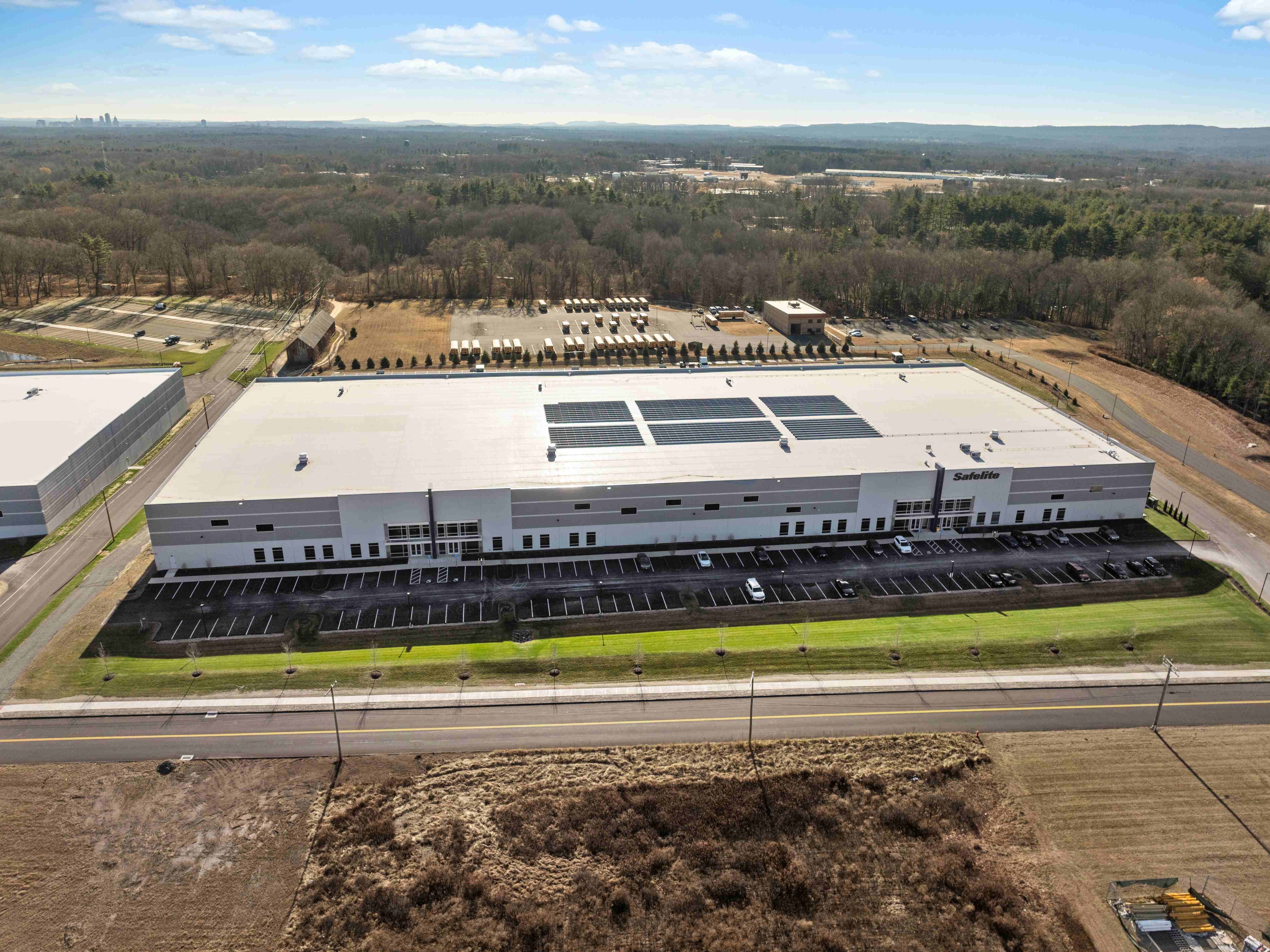Forecasting in a Time of Uncertainty
In a complex market, advanced technology is reshaping CRE research and changing how economists predict market performance.

Periods of economic uncertainty can unsettle even the most experienced commercial real estate investors. And we’ve faced no shortage of uncertainty in recent periods. A pandemic, inflation, interest rate increases and now the specter of tariffs and trade wars. It can be difficult to peer into the crystal ball at times like these.
We have found the current environment incredibly difficult to predict. Even leading up to the final submission of this article, courts had called tariffs imposed by the U.S. government into question, potentially rendering much of the analysis conducted over the last two months moot. But as CRE investors, how should we proceed during such times? We come back to one tried-and-true belief—long-run thinking is not just prudent but it’s also essential for CRE investors.
READ ALSO: CRE Brokers Lean Into AI
Unlike equities or bonds, commercial real estate is a long-duration asset. Properties are held for years, sometimes decades, and their value is shaped by long-term factors—demographics, economics, infrastructure, technological change. The short term, even one as unpredictable as the current environment, frequently proves rather unimportant. Yet at times, such environments can also present excellent opportunities.
When capital becomes scarce and sentiment turns negative, pricing often disconnects from intrinsic value. This is when long-term investors can step in, acquiring quality assets at attractive discounts. If we look back at the major crises of the last 25 years, they all show that short-term disruptions give way to long-term possibilities. As Axl Rose famously sang, “Nothing lasts forever, even cold November rain.”
So how do we navigate through such periods of stormy economic weather? During uncertain periods, it is easy to get caught up in wild speculation. And CRE remains an asset class that is prone to groupthink, with many afraid to take a different stance, especially during trying times. Typically, in periods of uncertainty or distress, time horizons tend to collapse toward zero, a fundamental disconnect between CRE’s great long-term prospects and short-term challenges. But the core fundamentals that drive CRE returns, factors like location, rent growth, lease structure and asset management, remain intact.
But specifically, we accomplish this via sophisticated research, much more sophisticated than at any time in the past. CRE research has become significantly more advanced in recent years, thanks to the integration of machine learning and artificial intelligence. These technologies enable data scientists and researchers to process vast datasets—from lease transactions and foot traffic to satellite imagery and social sentiment—at speeds and scales that were previously impossible.
AI models can now detect patterns in tenant behavior, predict market shifts and even forecast market performance with greater accuracy than traditional methods. And increasingly it’s revealing that many things once thought unpredictable or unforecastable now are. This evolution allows investors and asset managers to make more informed, data-driven decisions, moving beyond intuition, heuristics and historical trends to embrace predictive, real-time insights. Importantly, it has proven that it can look beyond crises and uncertainty—even something as daunting as the pandemic—to provide accuracy and clarity in a way that sometimes feels like science fiction.
None of this means that we can ignore uncertainty or abandon investment processes that have served us well. But it provides some comfort and confidence that even during a period as uncertain as the current one, we’re better equipped than ever to navigate complexity. These advanced technologies don’t eliminate uncertainty—but they help us understand it more clearly, respond to it more intelligently and ultimately make more resilient investment decisions.
Ryan Severino is the chief economist & head of research at BGO, where he is responsible for global and regional economic research, analysis and forecasting, as well as property market research, insights and forecasting. Additionally, he is an adjunct professor at Columbia University and New York University. Severino holds a master’s degree from Columbia University and a bachelor’s degree from Georgetown University, and is a CFA charterholder.







You must be logged in to post a comment.